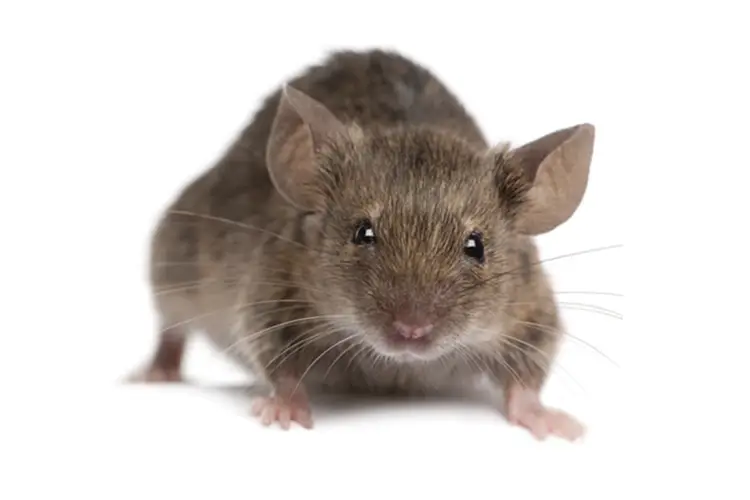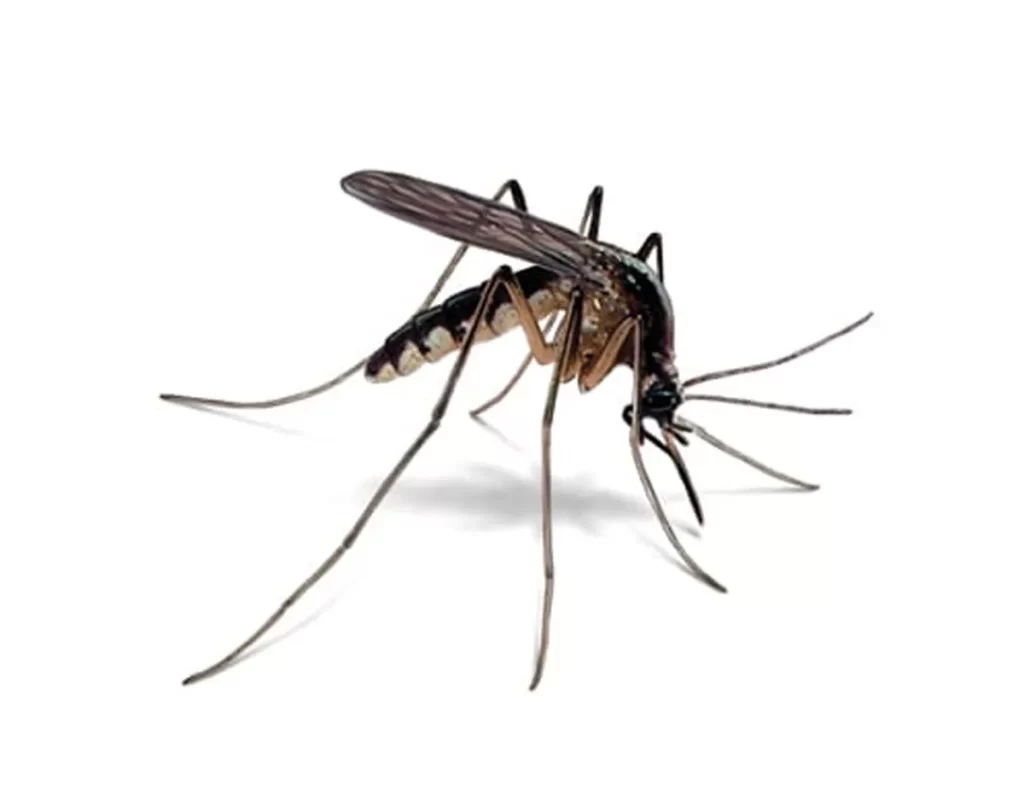Ants are one of the most common household pests, often appearing out of nowhere to invade kitchens, bathrooms, and other areas of the home. While these tiny insects may seem harmless, an ant infestation can quickly become a major nuisance. Implementing effective pest control for ants is crucial to prevent these pests from taking over your space. In this blog, we’ll explore why ant infestations occur, the importance of pest control for ants, and the best methods to keep your home ant-free.
Table of Contents:
Why Do Ant Infestations Happen?
Ants enter homes primarily in search of food, water, and shelter. These small creatures are attracted to sugary substances, food crumbs, and even pet food left out in the open. Some common reasons for ant infestations include:
1. Food Sources
Ants are constantly on the lookout for food. Uncovered food, spills, and crumbs can attract ants into your home. They are especially drawn to sweet and sugary substances.
2. Water Availability
Like all living organisms, ants need water to survive. Leaky pipes, standing water, and moist environments attract ants, especially in kitchens, bathrooms, and basements.
3. Shelter
Ants seek out safe places to build their nests. They may find entry points through cracks in walls, windows, and foundations, making their way into your home to find a suitable nesting site.
4. Climate
Certain weather conditions, such as heavy rain or drought, can drive ants indoors. They may seek shelter from extreme weather, leading to an increase in ant activity inside homes.
The Importance of Pest Control for Ants
While ants may seem harmless, they can cause several issues if not properly managed. Here’s why pest control for ants is essential:
1. Prevent Food Contamination
Ants can contaminate food sources, leading to health risks. They carry bacteria and pathogens on their bodies, which can spread to food and surfaces in your home. Effective pest control for ants helps keep your food safe and your kitchen clean.
2. Avoid Structural Damage
Certain ant species, such as carpenter ants, can cause significant structural damage. They excavate wood to create their nests, which can weaken wooden structures and lead to costly repairs. Pest control for ants is crucial to prevent this type of damage.
3. Protect Your Family’s Health
Some ants, like fire ants, can bite or sting, causing pain, allergic reactions, and even serious medical conditions for those with sensitivities. Implementing ant pest control measures helps protect your family from these risks.
4. Prevent Rapid Infestation
Ant colonies can grow quickly, with thousands of ants living in a single nest. Once they find a food source, they leave a scent trail for other ants to follow, leading to large infestations. Early and effective pest control for ants is key to stopping a small problem from becoming a major issue.
Effective Pest Control Methods for Ants
1. Identify the Ant Species
Different ant species require different pest control methods. Identifying the type of ants in your home is the first step in developing an effective treatment plan. Common ant species include carpenter ants, sugar ants, and fire ants.
2. Keep Your Home Clean
Cleanliness is key to preventing ant infestations. Regularly clean kitchen counters, sweep floors, and wipe up spills. Store food in airtight containers and dispose of garbage regularly. Keeping your home clean reduces the attraction for ants.
3. Seal Entry Points
Ants can enter your home through tiny cracks and gaps. Inspect your home for potential entry points around windows, doors, and foundations. Seal these openings with caulk or weather stripping to prevent ants from gaining access.
4. Use Ant Baits
Ant baits are a popular and effective method of pest control for ants. Place bait stations near areas of ant activity, such as along baseboards, under sinks, and near food sources. Ants are attracted to the bait and carry it back to their nest, where it kills the entire colony.
5. Natural Remedies
For those looking for eco-friendly solutions, natural remedies can help repel ants. Common natural repellents include vinegar, lemon juice, and essential oils like peppermint and tea tree oil. These substances can be used to clean surfaces and deter ants from entering your home.
6. Call Professional Pest Control Services
For severe infestations, it’s best to seek help from professional pest control services. Pest control experts have the knowledge, experience, and tools to effectively eliminate ant infestations and prevent them from recurring. They can provide customized solutions tailored to your specific situation.
Preventing Future Ant Infestations
– Regular Inspections: Conduct regular inspections of your home to check for signs of ant activity. Early detection is key to preventing infestations from becoming larger problems.
– Maintain a Dry Environment: Fix any leaks and reduce moisture levels in your home. Use dehumidifiers in areas prone to dampness, such as basements and bathrooms.
– Landscaping Tips: Keep shrubs, trees, and plants trimmed away from your home’s exterior. Ants often use branches and vegetation to access buildings.
– Regular Pest Control: Schedule regular pest control treatments to keep your home protected from ants and other pests. Consistent monitoring and maintenance can help prevent infestations.
Conclusion
Ant infestations are a common problem that can quickly become overwhelming if not addressed. Implementing effective pest control for ants is essential to keep your home safe, clean, and comfortable. By understanding why ant infestations occur, using proven pest control methods, and taking preventive measures, you can keep your home ant-free.
If you’re dealing with an ant infestation or want to protect your home, contact Ardent Pest Management Pte Ltd at 69504138 or email Query@ardentpest.com.sg. Our experienced team provides comprehensive pest control services for ants, ensuring your home stays safe and pest-free.




